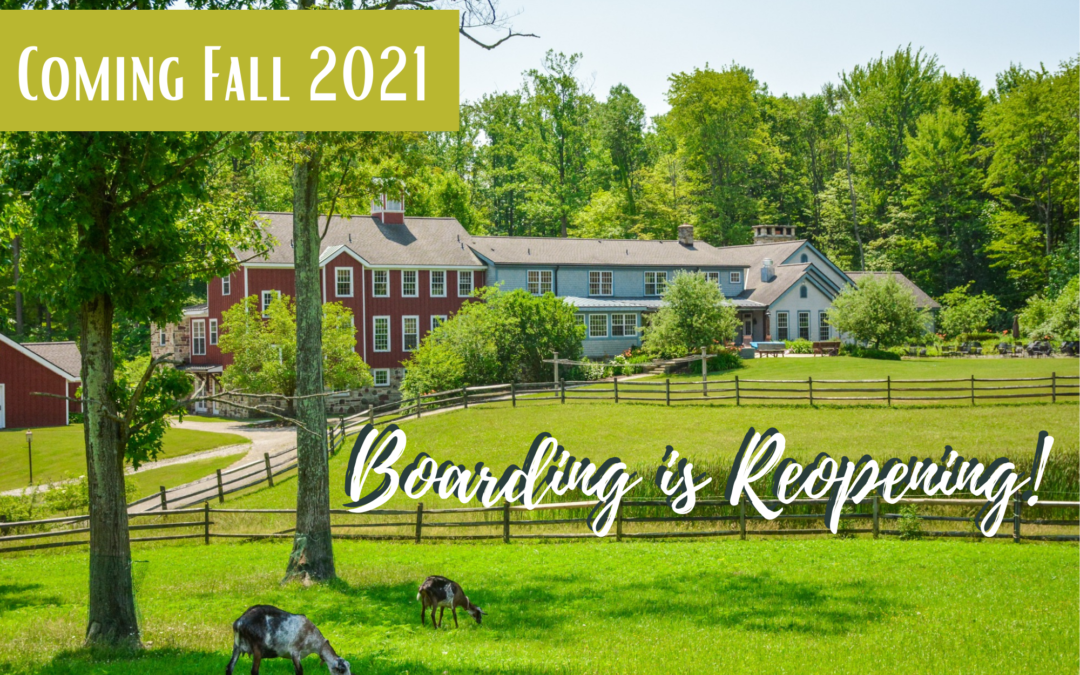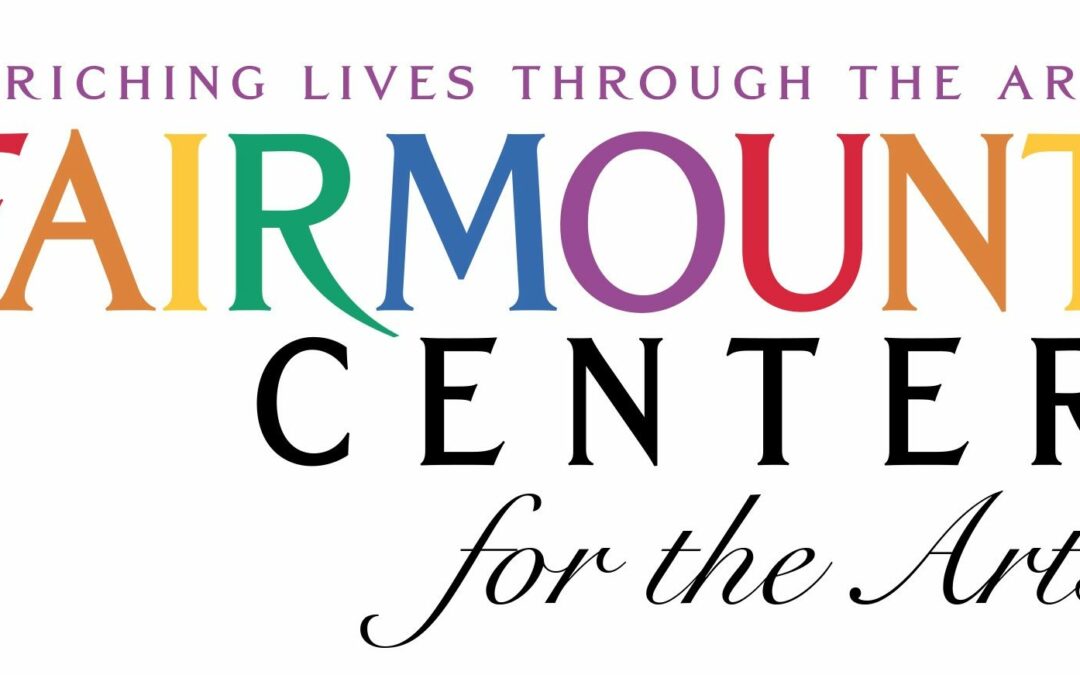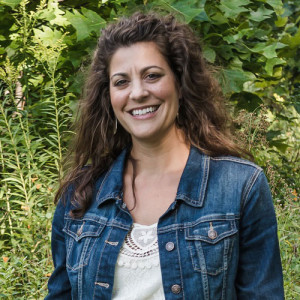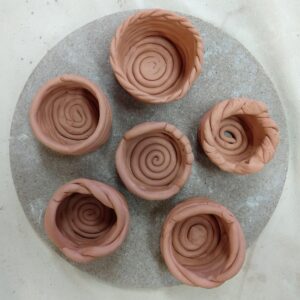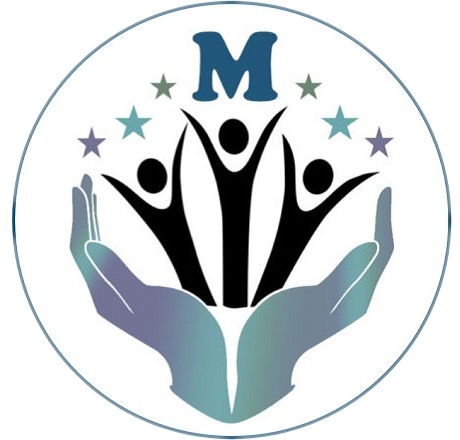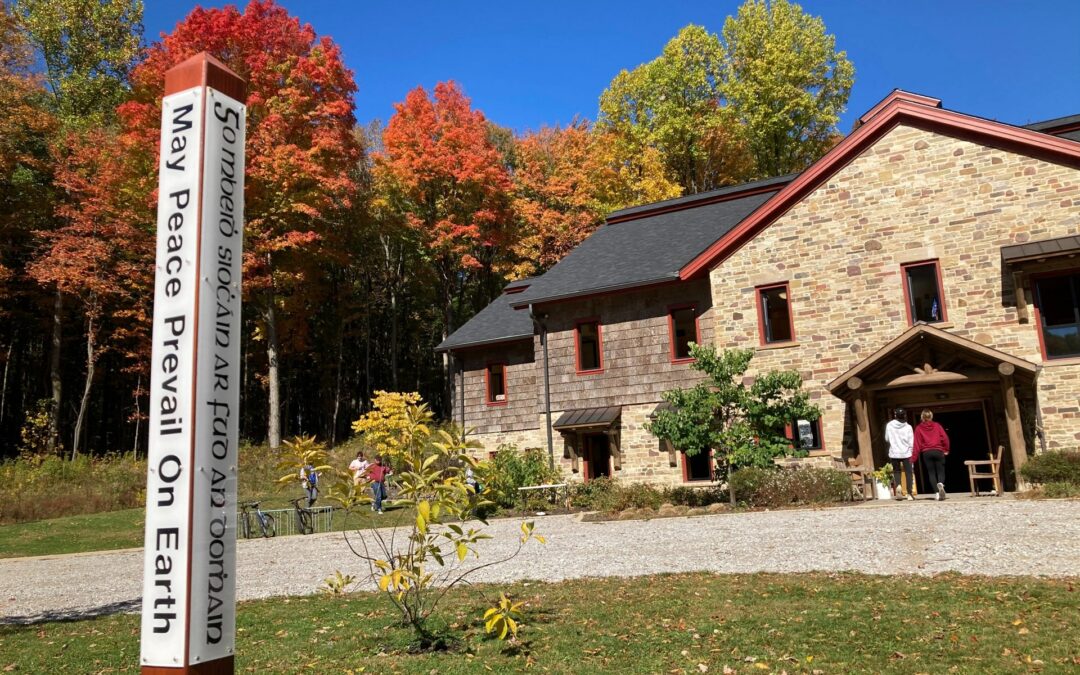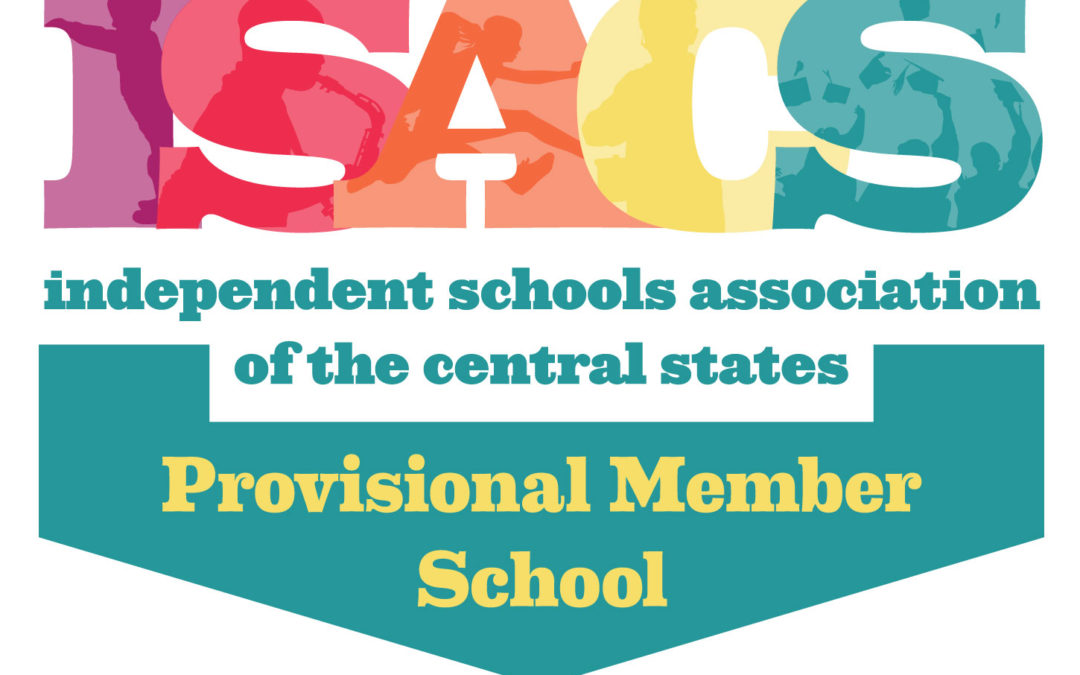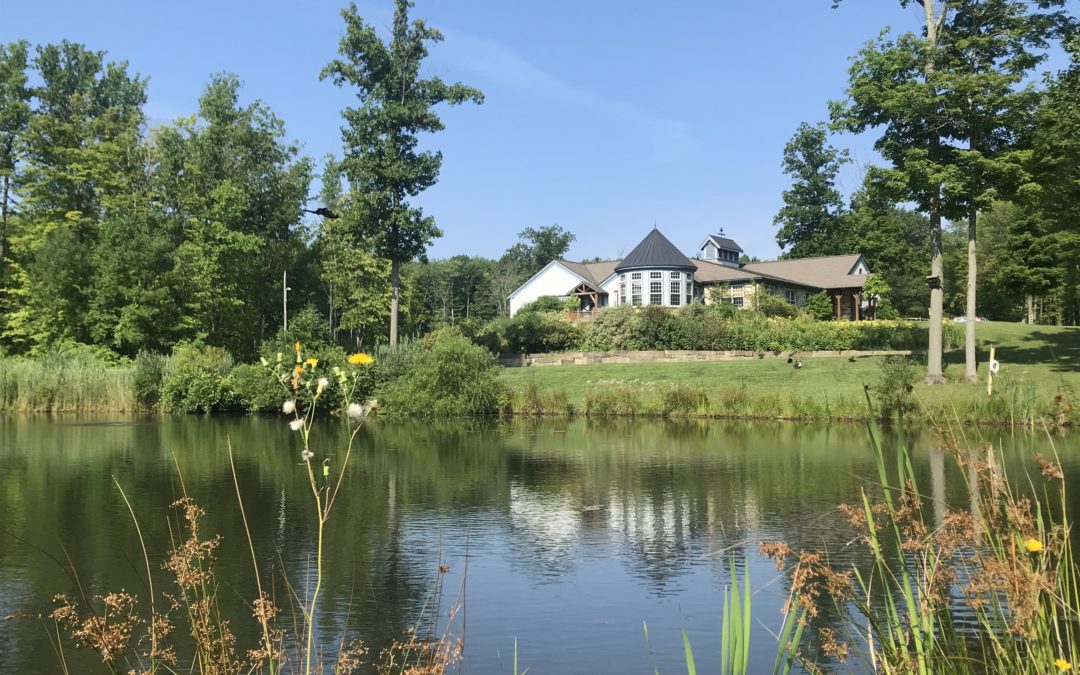Hershey Montessori School has good news to celebrate. ISACS, the Independent Schools Association of the Central States, has approved Hershey as a provisional member, which is the first step towards becoming an ISACS-accredited school. Hershey’s Steering Committee, which began its work in early 2019, is pleased to share this information with the Hershey community.
The Benefits of ISACS Membership
(From the ISACS website)
ISACS provides a wide variety of professional development programs for its members. Administrators and teachers are given opportunity to attend ISACS conferences, including the Annual Conference, Heads Conference, Leadership Academy in Partnership with the Kellogg School of Management Center for Nonprofit Management, and New Teacher Institute. ISACS also offers topic-specific workshops and convenient webinars for its members.
In addition to these benefits, ISACS staff members provide facilitated conversations with member schools on topics of governance, accreditation, and other areas. Members have access to the National Association of Independent Schools’ DASL tool for data reporting and benchmarking.
Moving Forward
With Provisional Membership approval, Hershey may now begin the process for full accreditation that involves preparation of the self-study report and accreditation visit. Getting to this stage required submission of our Provisional Membership Application (PMA). The PMA provides ISACS with an assessment of an organization that ensures it currently complies with the standards for full ISACS membership. The PMA required Hershey to provide documented evidence of compliance across 52 standards for membership, including our current policies and practices; mission, philosophy, and goals; school community; programs and activities, student services; governance and administration, personnel; and residential programs. We submitted our PMA in February of this year, which was reviewed and approved by the ISACS board in May.
The impetus to pursue ISACS accreditation came from the growing needs of our school. When Hershey’s Upper School was added five years ago, our community became keenly aware that resources and support provided to independent schools by ISACS would support our plans for continued growth. Our leadership then surveyed teachers, staff, and board members for input on the decision to begin the accreditation process. Together, we concluded that membership in ISACS would be of great benefit to our school and community.
Hershey’s ISACS Steering Committee includes Paula Leigh-Doyle, Laurie Ewert-Krocker, Tania Bertolone, Jennifer Finan, Valerie Raines, and Saren Peetz.
We look forward to the added value this organization will bring to our community.
To learn more about Hershey Montessori, visit our about page here
